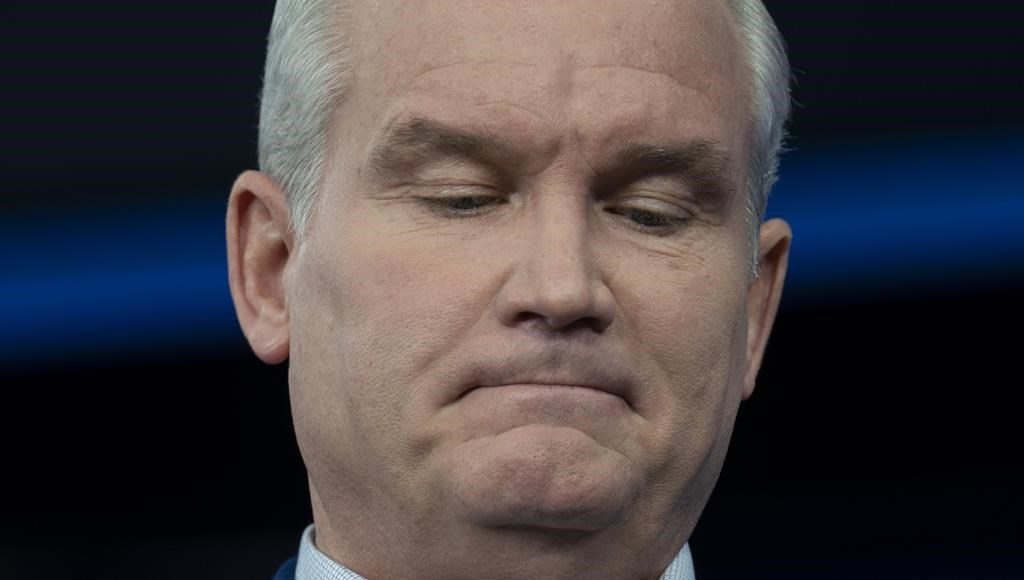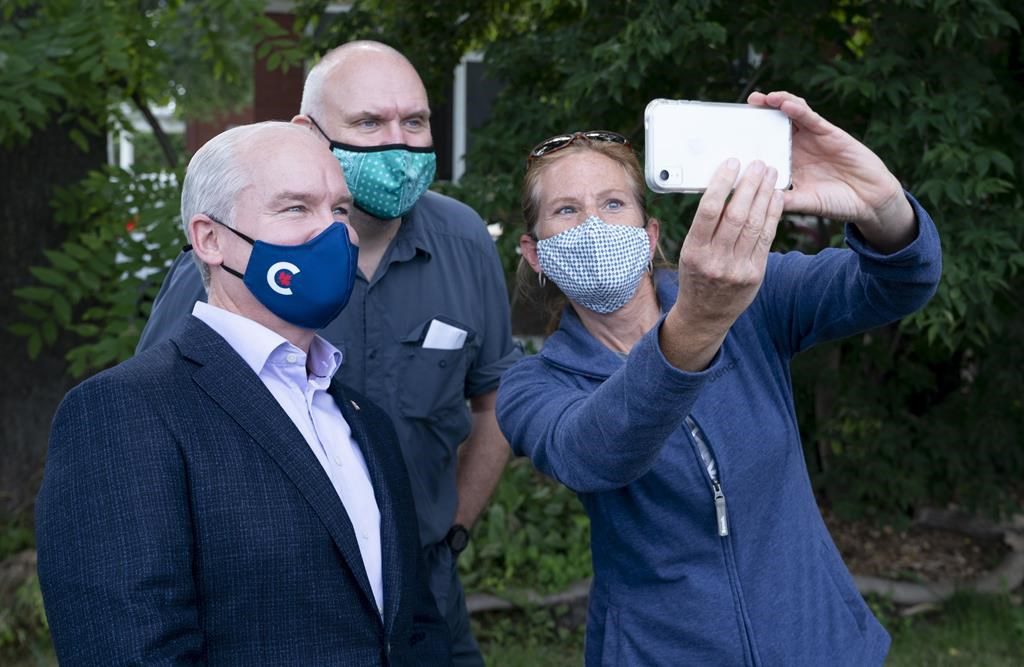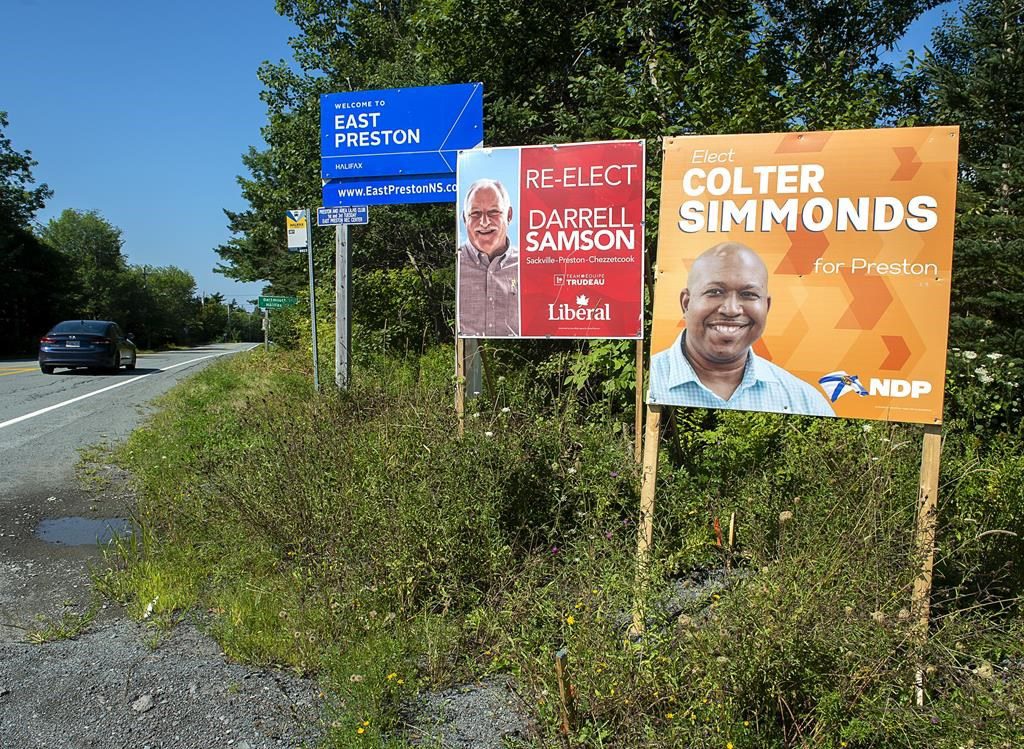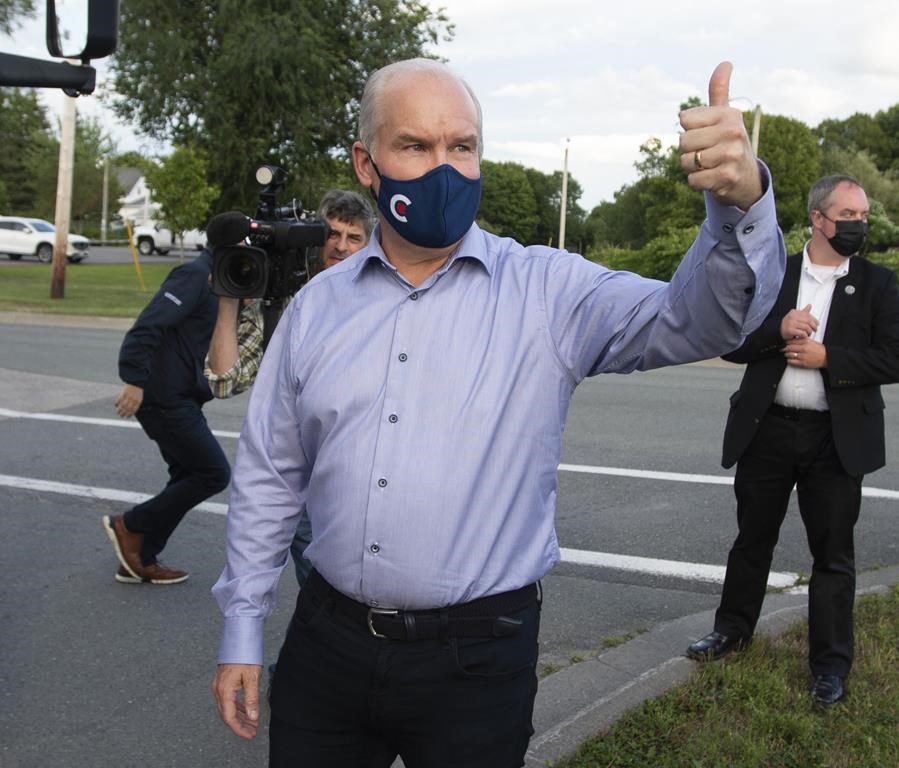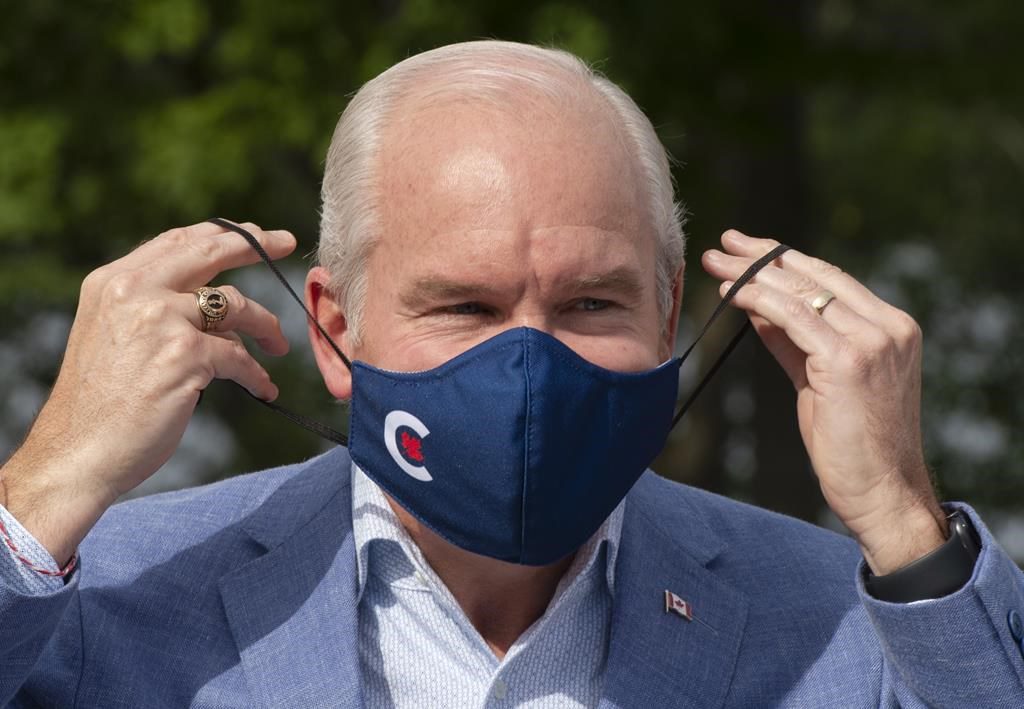Erin O’Toole is in a spot of trouble. The Conservative leader’s strategy to soften the edges of his party’s polices, to make them less conservative, so he could pick up more seats outside of the West has not worked out how he’d hoped.
He’s wanted to be prime minister since he was in middle school, but he’s till just the lowly leader of opposition. And now he has to fight to keep his job on the back of that failure.
Some parties might have be more accepting, he’s only been in the job for a year and has only had one shot at leading an election, but politics is never about what’s fair.
Credit where it’s at least sort of due, O’Toole looked at the way the wind was blowing and realized that hardcore Conservative policies weren’t going to win him the big job. So he did things like accepted the idea of carbon pricing, even if the execution was more than a bit off. The trouble was he also was pretty wishy-washy though the campaign, following the wind just a bit too often, like when he flipped and sorta flopped on whether he’d keep the Liberal’s assault weapons ban.
Anyway, point being, he was willing to try and move the party’s policies more in line with what’s broadly acceptable in Canada. Since he’s neither become prime minister, nor was he able to cut into the Liberal’s seat count, it’s now time for the knives within the party to come out.
A petition was started by a member of the party’s national council to launch a leadership review of O’Toole’s tenure, according to The Hill Times. And according to the Toronto Star, the Conservative Party has locked down its internal voter information system to limit access as much as possible to internal supporter information.
“[Shutting the system down] also limits access by potential leadership rivals to the names of party members as O’Toole’s team tries to maintain his leadership in the wake of this week’s election loss,” the Star reports.
So, moves are already afoot to both attack and consolidate O’Toole’s grip on power.
On election night, O’Toole’s concession speech was odd for how positive and bombastic it was. Not only was it not a resignation speech — not that anyone should really have expected that — it was barely a concession speech. It was targeted almost entirely at the Conservative faithful, what you’d expect as a keynote address to a party convention from the leader, not from a guy who’d just blown an election.
On TV that night, long-time Harper back room staffer Jenni Byrne called O’Toole’s bombastic concession speech/rallying cry on Monday night “tone deaf.” Byrne was also linked to the aborted leadership run of Pierre Poilievre, who is hardly the moderating type, and seems spoiling for a fight.
Take Poilievre’s pre-election ad he posted and seemingly produced himself. It’s slick enough, as ads go. But what was the most interesting about it is how it was devoid of all Conservative branding. It was a Pierre Poilievre ad, not a Conservative candidate ad. The sort of thing someone thinking of challenging a leader who performed poorly might put together.
It’s not just Byrne calling out O’Toole either.
The comment editor of the National Post wrote the strategy of moderation should be abandoned. What the country really wants, Carson Jerema writes, is smaller government and less red tape. Voters would have given O’Toole more of a chance if he’d just run on cutting the deficit and been true to conservatism, rather than offering “watered-down Liberal, or even NDP, policies.”
It’s worth going a bit of a tangent, as there’s also a bit of a warning for the Liberals here. Remember that guy Doug Ford? The gigantic buffoon who could never win because of how obviously terrible he was? Yeah, that guy’s the premier of Ontario. And he got the job because of repeated Liberal failures, and a generally sclerotic approach to governing that Ontario voters found so revolting, the province kicked the provincial Liberals down to third place after more than a decade in power.
Any of this sound a bit prophetic? It should. Enough federal Liberal staffers have found their way up from the provincial party — including Trudeau’s chief of staff — they should, you’d think, be able to see this plain as day. Of course, they didn’t then, why would they now? As tempting as it may be for some Liberals to think “Hey, great, bring a crank like Poilievre on, we’ll beat him in a walk!” they should be careful what they wish for. They just might make a guy like Pierre prime minister.
But there I go getting ahead of myself. A lot has to happen before we get there. But at the speed things are moving, it may not take too long for this to play out.
One thing that might give Conservatives pause about sacking O’Toole, is he came reasonably close to winning, all things considered. Few people knew who he was before this started, and he’s been leader only through the pandemic, essentially.
He has a big job in front of him, and even if he’s up for it, it may not be possible to succeed. He took a gamble by trying to reach beyond the base of his party, it didn’t pay off. More than fighting an election, now comes the hard part, convincing his party to give him the chance to do it again.



